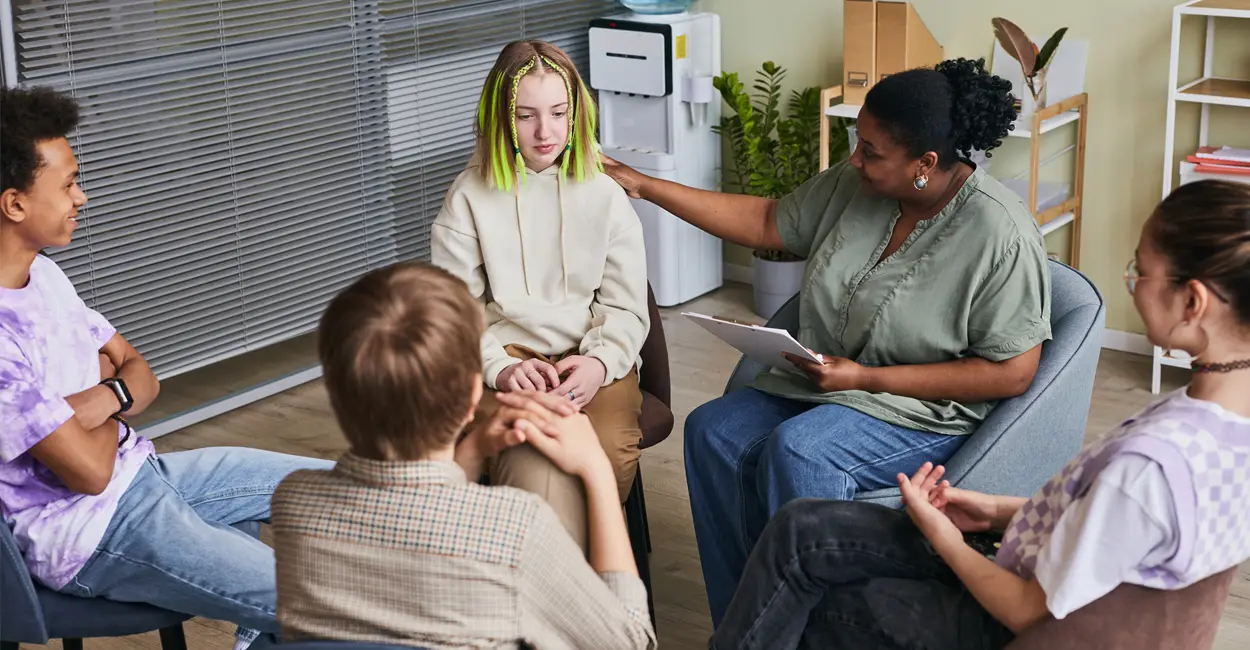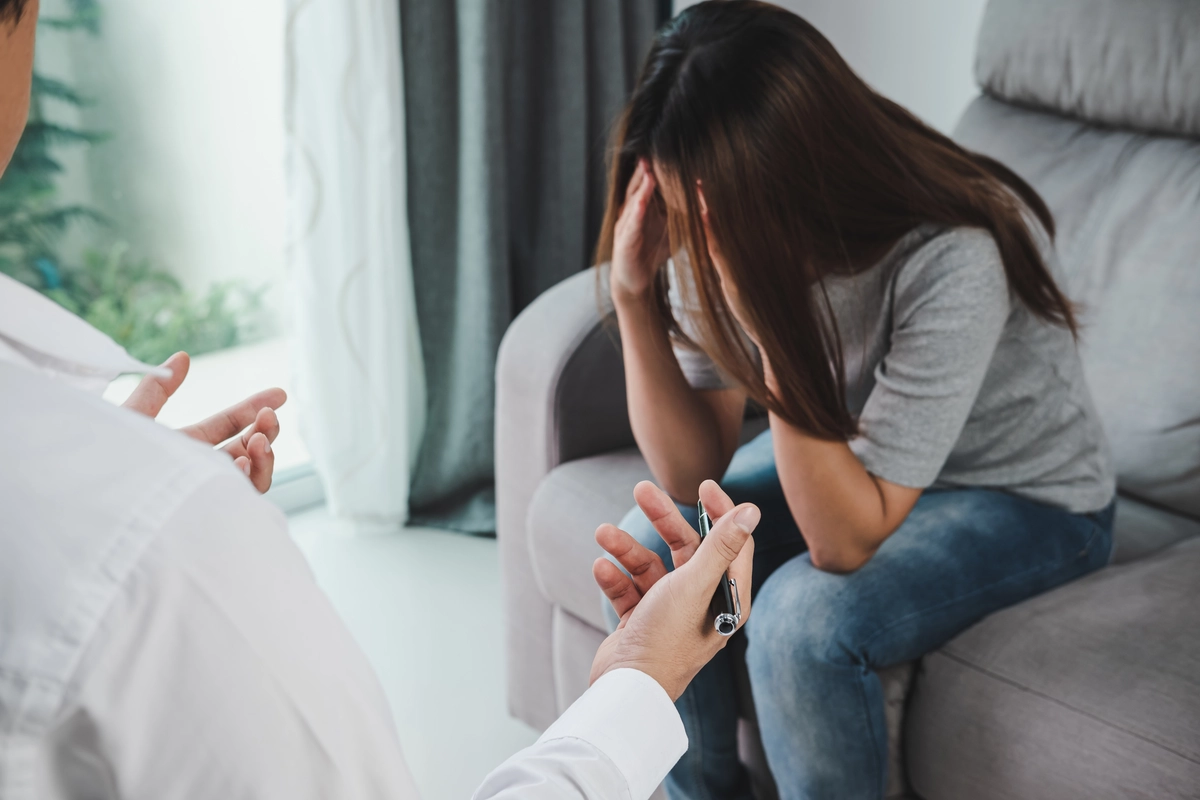24/7 Helpline:
(866) 899-221924/7 Helpline:
(866) 899-2219
Learn more about Residential Rehab centers in Union County

Other Insurance Options

Health Choice

ComPsych

Sliding scale payment assistance

Carleon

Lucent

Highmark

Premera

Self-pay options

Absolute Total Care

Private insurance

United Health Care

UMR

Optima

Covered California

BHS | Behavioral Health Systems

Amerigroup

Kaiser Permanente

Aetna

GEHA

AllWell

Oxford Treatment Center
Oxford Treatment Center, in Etta, Mississippi, is a luxury, 12 step focused drug and alcohol rehab f...










































